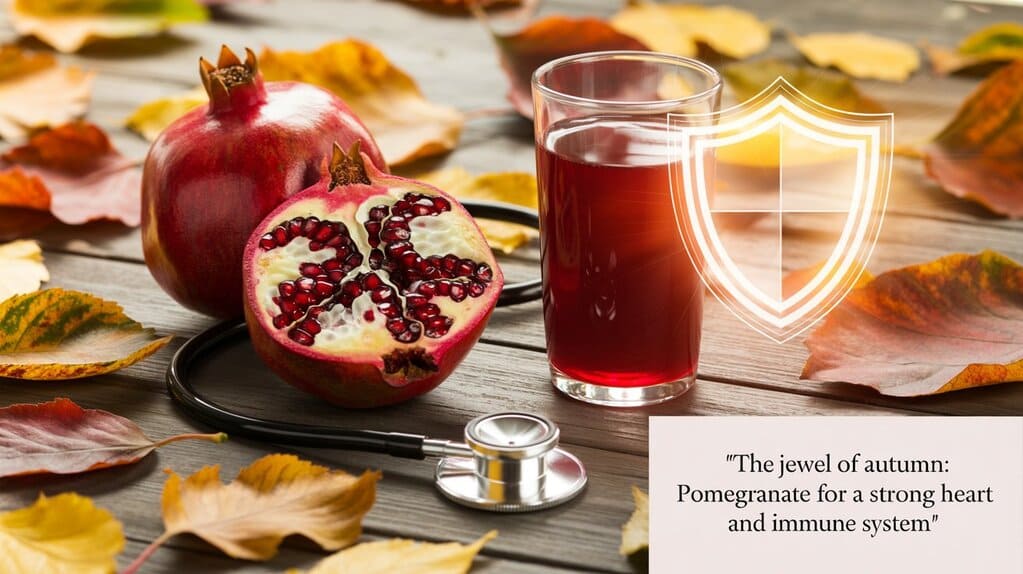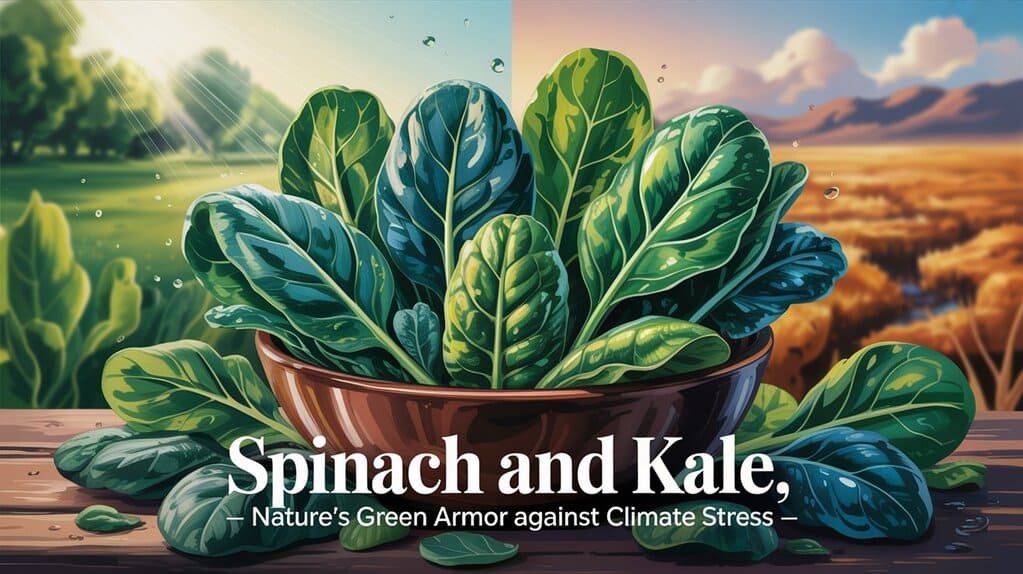Introduction
In recent decades, obesity has become one of the most pressing public health concerns worldwide. According to the World Health Organization (WHO), global obesity rates have nearly tripled since 1975, and more than 1.9 billion adults were overweight in 2022, with over 650 million classified as obese. The causes of obesity are multifactorial, but a key contributing factor is unhealthy dietary habits.
Understanding which healthy foods help prevent obesity is crucial for individuals aiming to maintain a healthy weight and avoid chronic diseases such as type 2 diabetes, cardiovascular disease, and metabolic syndrome. This comprehensive guide explores scientifically-backed healthy foods that support weight management, improve metabolism, and reduce the risk of obesity.

Main Body
🥦 1. The Role of Diet in Obesity Prevention
A balanced and nutrient-dense diet is essential for maintaining a healthy body weight. Consuming whole foods, rich in fiber, protein, healthy fats, vitamins, and minerals, not only nourishes the body but also supports satiety and metabolic health.
Several peer-reviewed studies, including research published in the Journal of the American Medical Association (JAMA), confirm that diets high in processed foods are strongly linked to increased obesity rates, while diets rich in whole grains, vegetables, fruits, and lean proteins are associated with lower body fat levels.
🍎 2. Top Healthy Foods That Help Prevent Obesity
Below is a curated list of scientifically supported foods that help prevent weight gain and promote overall well-being.
a. Leafy Greens (Spinach, Kale, Swiss Chard)
- Low in calories and high in fiber, which enhances fullness.
- Packed with antioxidants and vitamins A, C, and K.
- According to a 2020 study published in Nutrients, increased consumption of leafy greens is associated with a lower Body Mass Index (BMI).

b. Whole Grains (Quinoa, Brown Rice, Oats)
- High in complex carbohydrates and fiber, aiding digestion.
- Harvard School of Public Health researchers found that whole grains can reduce abdominal fat and improve insulin sensitivity.
c. Lean Proteins (Chicken Breast, Eggs, Tofu, Fish)
- Proteins increase satiety hormones such as peptide YY.
- Helps preserve muscle mass while reducing fat accumulation.
- A meta-analysis in Obesity Reviews (2019) revealed that high-protein diets improve weight loss outcomes and prevent weight regain.
d. Legumes (Lentils, Chickpeas, Black Beans)
- Rich in plant-based proteins and fiber.
- Slow down digestion and control blood sugar levels.
- Regular consumption linked to lower BMI, as noted in The American Journal of Clinical Nutrition.
e. Nuts and Seeds (Almonds, Chia Seeds, Walnuts)
- Healthy fats that support hormonal balance and appetite regulation.
- Although calorie-dense, they are associated with lower weight gain over time, as per Harvard Medical School findings.
f. Fruits (Apples, Berries, Grapefruit)
- High in water and fiber, naturally low in calories.
- Berries, in particular, contain polyphenols that support fat metabolism.
- A 2021 review in Nutrients highlights that fruit consumption is inversely related to obesity risk.
g. Fermented Foods (Yogurt, Kefir, Kimchi)
- Promote gut health by supporting a balanced microbiome.
- A 2018 study published in Cell Metabolism suggested a strong link between gut bacteria diversity and healthy body weight.

📊 3. Nutritional Comparison Chart of Anti-Obesity Foods
| Food | Calories (per 100g) | Fiber (g) | Protein (g) | Satiety Index | Anti-Obesity Effect |
|---|---|---|---|---|---|
| Spinach | 23 | 2.2 | 2.9 | High | Appetite control |
| Quinoa | 120 | 2.8 | 4.1 | Medium | Reduces abdominal fat |
| Eggs | 143 | 0 | 13 | High | Boosts fullness |
| Lentils | 116 | 7.9 | 9 | High | Regulates blood sugar |
| Almonds | 579 | 12.5 | 21 | Medium | Reduces weight gain |
| Blueberries | 57 | 2.4 | 0.7 | Medium | Enhances fat metabolism |
| Greek Yogurt | 59 | 0 | 10 | High | Improves gut flora |
🔍 4. What to Avoid: Foods That Increase Obesity Risk
While including healthy foods is vital, it is equally important to avoid or limit:
- Refined carbohydrates (white bread, pastries)
- Sugary beverages (soda, energy drinks)
- Ultra-processed snacks (chips, packaged sweets)
- Trans fats and fried foods
These foods spike blood sugar levels, encourage fat storage, and disrupt appetite hormones like leptin and ghrelin.

🧬 5. Scientific Evidence and Medical Perspectives
Obesity researchers agree that food choices impact body composition, metabolic rate, and energy balance. Dr. Dariush Mozaffarian, a professor at the Friedman School of Nutrition Science and Policy at Tufts University, emphasizes that “diet quality matters more than calorie count.” His work, along with others, shows that whole foods have metabolic advantages beyond just caloric values.
A landmark 2019 study in The New England Journal of Medicine followed over 120,000 individuals for 20 years and found that small, consistent dietary changes, such as increasing vegetable and nut intake, significantly reduced long-term weight gain.
Additionally, data from Wikipedia’s obesity article corroborate that dietary habits are a major controllable factor in obesity prevention, alongside physical activity, genetics, and hormonal regulation.
✅ Key Takeaways
- Choose whole, unprocessed foods rich in fiber, protein, and antioxidants.
- Avoid refined sugars and processed products.
- Incorporate variety: leafy greens, lean proteins, whole grains, and fermented foods.
- Pair healthy eating with exercise, sleep, and stress management.
- Sustainable habits > short-term diets.

Conclusion
Preventing obesity is not about restrictive dieting but about making smart, nourishing food choices that align with your body’s needs. Foods like leafy greens, whole grains, legumes, and healthy fats provide long-lasting satiety, enhance metabolism, and support overall health. By avoiding processed foods and focusing on a balanced, plant-rich diet, individuals can not only maintain a healthy weight but also improve their energy levels, mental clarity, and lifespan.
Numerous scientific studies and medical institutions confirm that diet quality is the cornerstone of obesity prevention. Armed with the right knowledge and a conscious eating pattern, we can move toward a healthier, lighter future.
References
- World Health Organization (WHO). Obesity and Overweight. https://www.who.int/news-room/fact-sheets/detail/obesity-and-overweight
- Harvard T.H. Chan School of Public Health. The Nutrition Source – Whole Grains. https://www.hsph.harvard.edu/nutritionsource/whole-grains/
- Wikipedia contributors. Obesity. Wikipedia. https://en.wikipedia.org/wiki/Obesity
- Mozaffarian, D. et al. (2019). Changes in Diet and Lifestyle and Long-Term Weight Gain in Women and Men. New England Journal of Medicine.
- Slavin, J. (2021). Dietary Fiber and Body Weight. Nutrition Bulletin.
- Turnbaugh, P.J. et al. (2018). The Human Microbiome and Obesity. Cell Metabolism.







